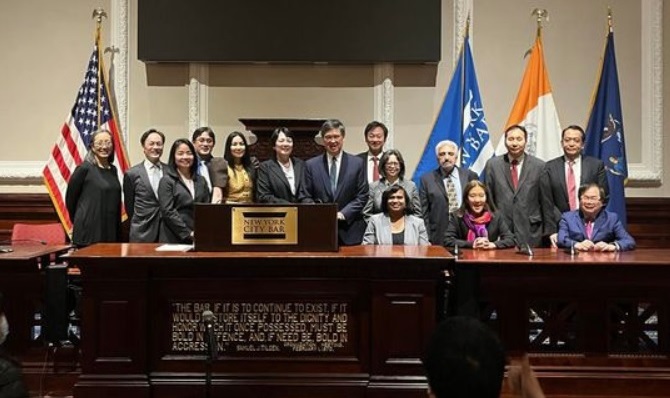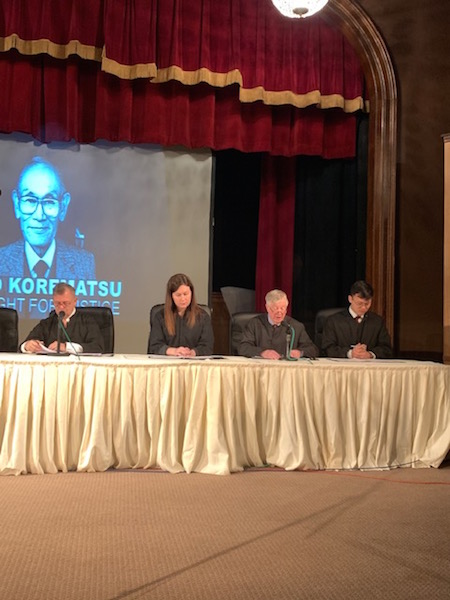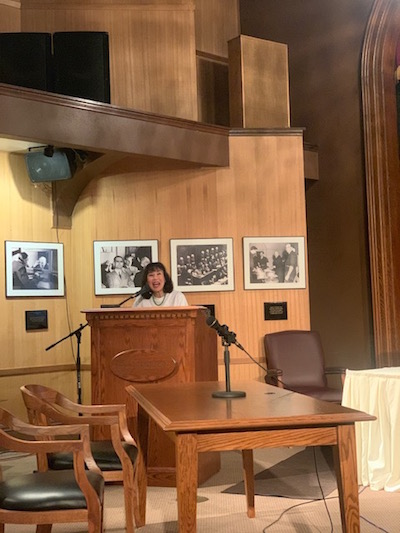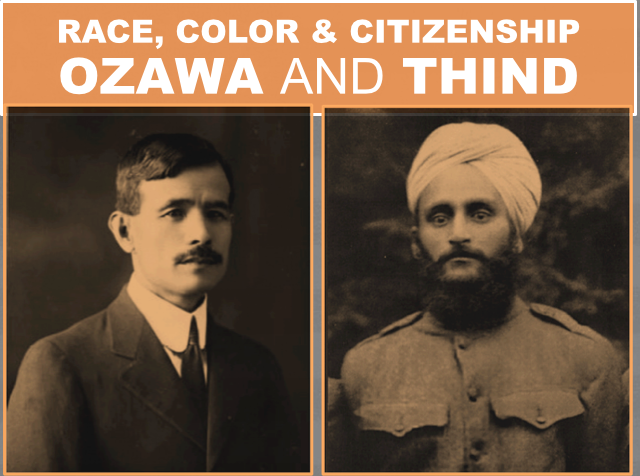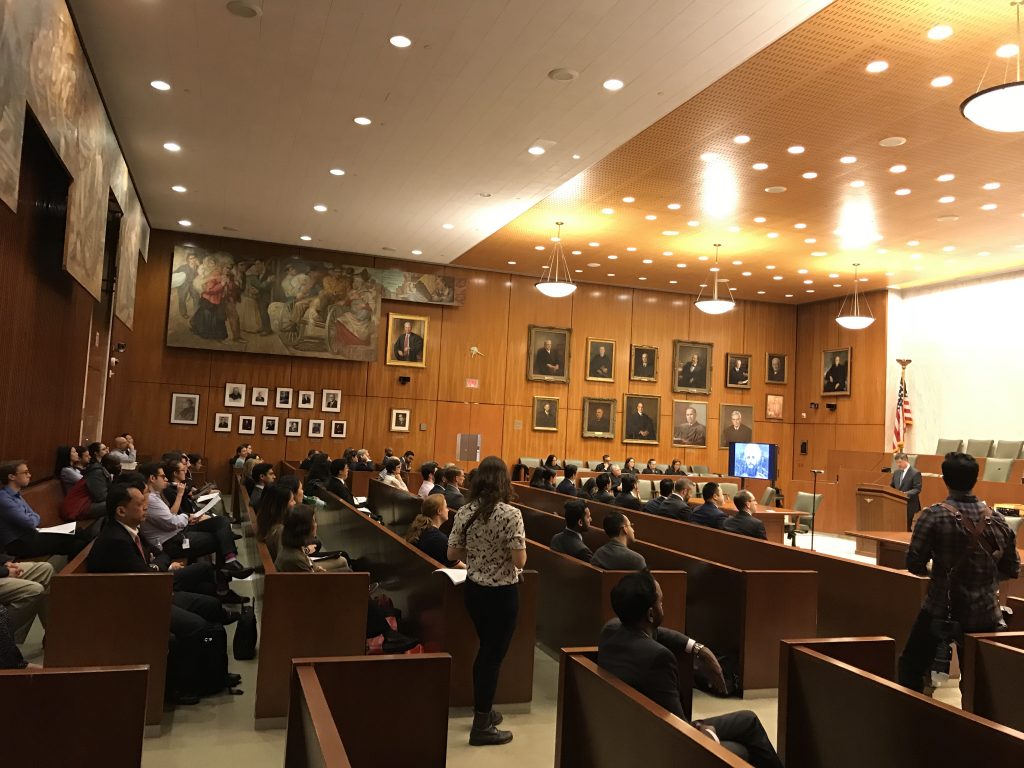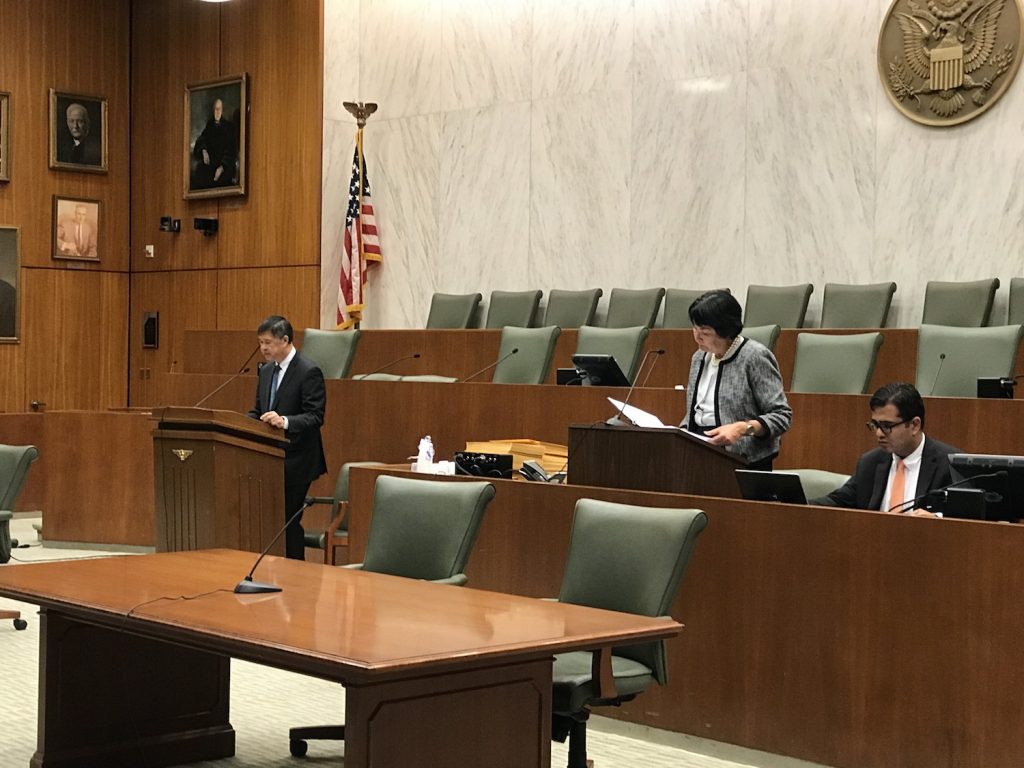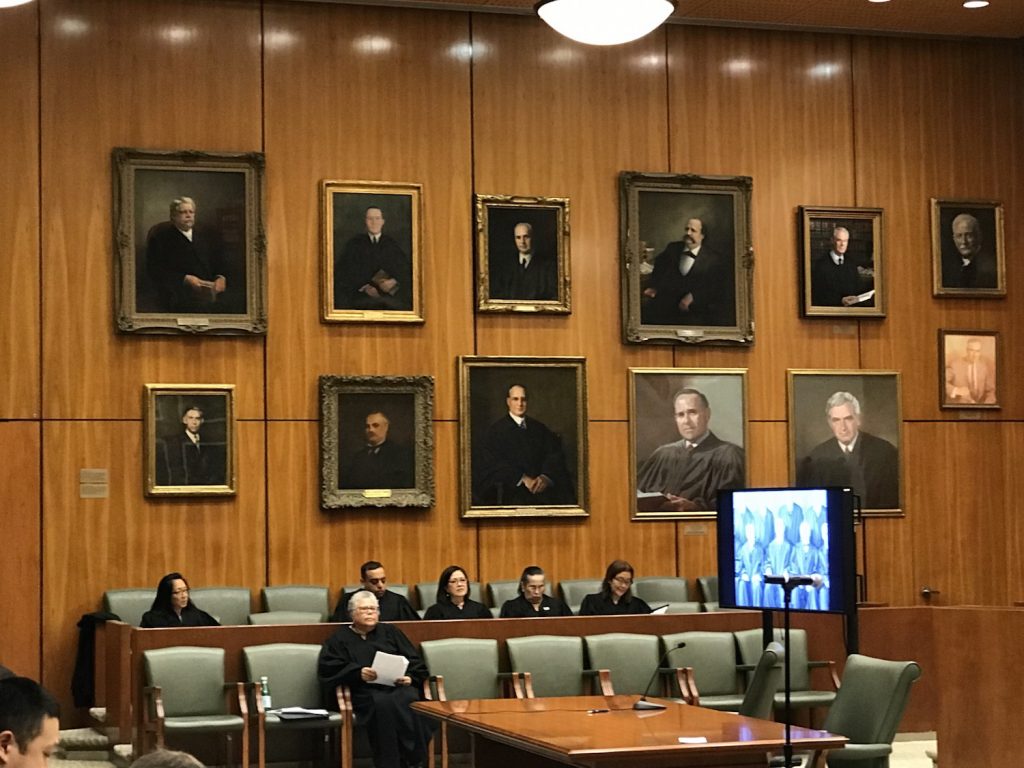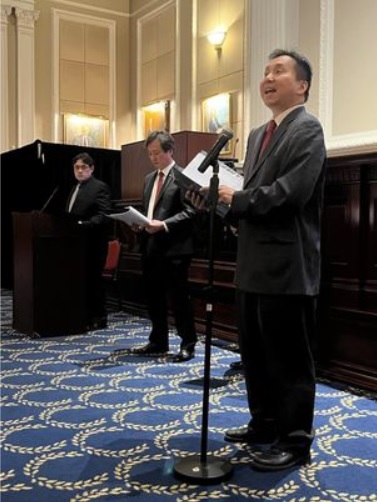
On March 24, 2022 AABANY co-sponsored a reenactment on the history of anti-Asian violence and hostility at the New York City Bar Association in midtown Manhattan. The script was written by Kathy Hirata Chin and her husband, the Hon. Denny Chin, longtime leaders and supporters of AABANY, who spearheaded the AABANY Trial Reenactment project. “Kung Flu” marks the Trial Reenactment Team’s 14th production. “Kung Flu” was first performed to a standing room only audience at the NAPABA National Convention in Washington, DC, in December 2021.
The program examined the history of anti-Asian violence and hostility through narration, reenactment of court proceedings, and historic photos. Asian Americans did not hesitate to fight for their rights in the courts, and these cases raised issues that were — and still are — important to all Americans.
Since the start of the pandemic, there have been more than 10,000 incidents of violence and hostility against Asian Americans nationwide. But this is nothing new, for there is a long and little-known history of anti-Asian violence in this country — from the lynching of 15 Chinese in Los Angeles in 1871 to the expulsion of all the South Asian residents of Bellingham, Washington in 1907 to five days of rioting and attacks against Filipino men in Watsonville, California in 1930.
Likewise, the recent rhetoric about the “China virus” and “Kung Flu” is not the first time Asian Americans have been targeted over purported health concerns. In 1870, San Francisco passed two health ordinances that were enforced only against the “Chinese and Asiatics.” In 1900, amidst fears of the bubonic plague, San Francisco required “the inoculation of all Chinese residents” and quarantined Chinatown. The ordinances were not applied to members of any other groups.
The reenactment acknowledges the challenges Asian Americans have faced in the past and reminds us that much is still to be done.
We thank Judge Denny Chin and Kathy Hirata Chin for leading the AABANY Trial Reenactment Team and all the participants for giving their time to raise awareness on anti-Asian violence and hostility. We thank the New York City Bar Association for co-sponsoring and allowing us to perform “Kung Flu” in the Great Hall. President Sheila Boston presented opening remarks at the start of the program and performed as Judge Gabrielle Kirk McDonald. To learn more about AABANY’s reenactments project, please visit https://reenactments.aabany.org/.
